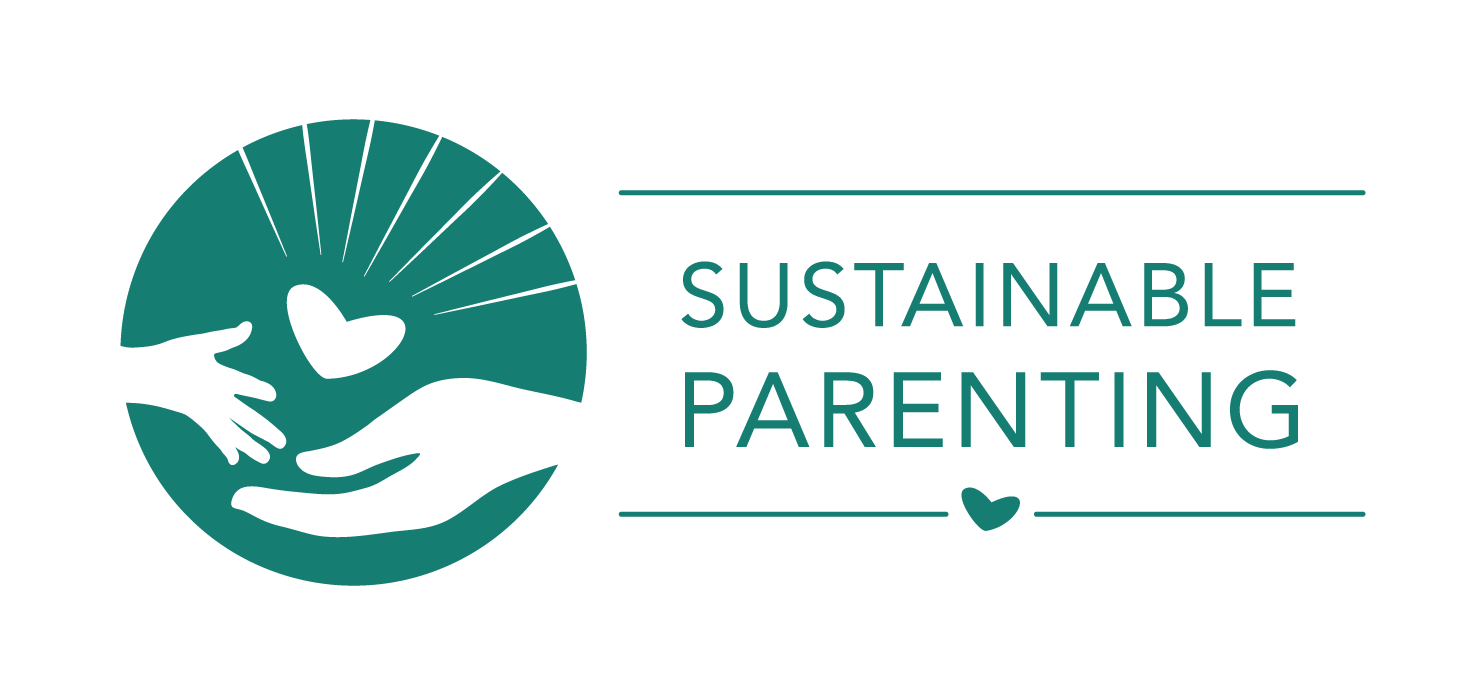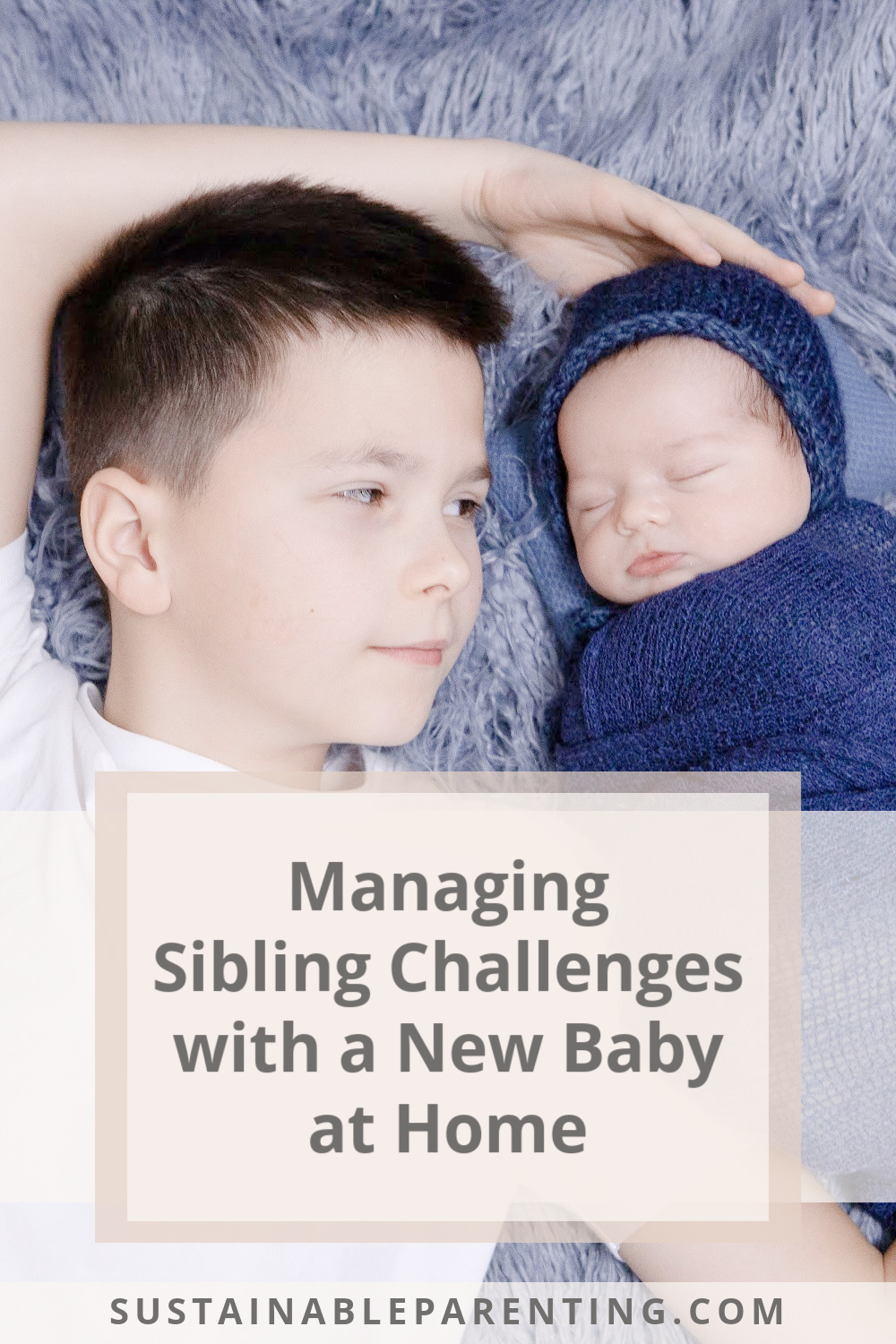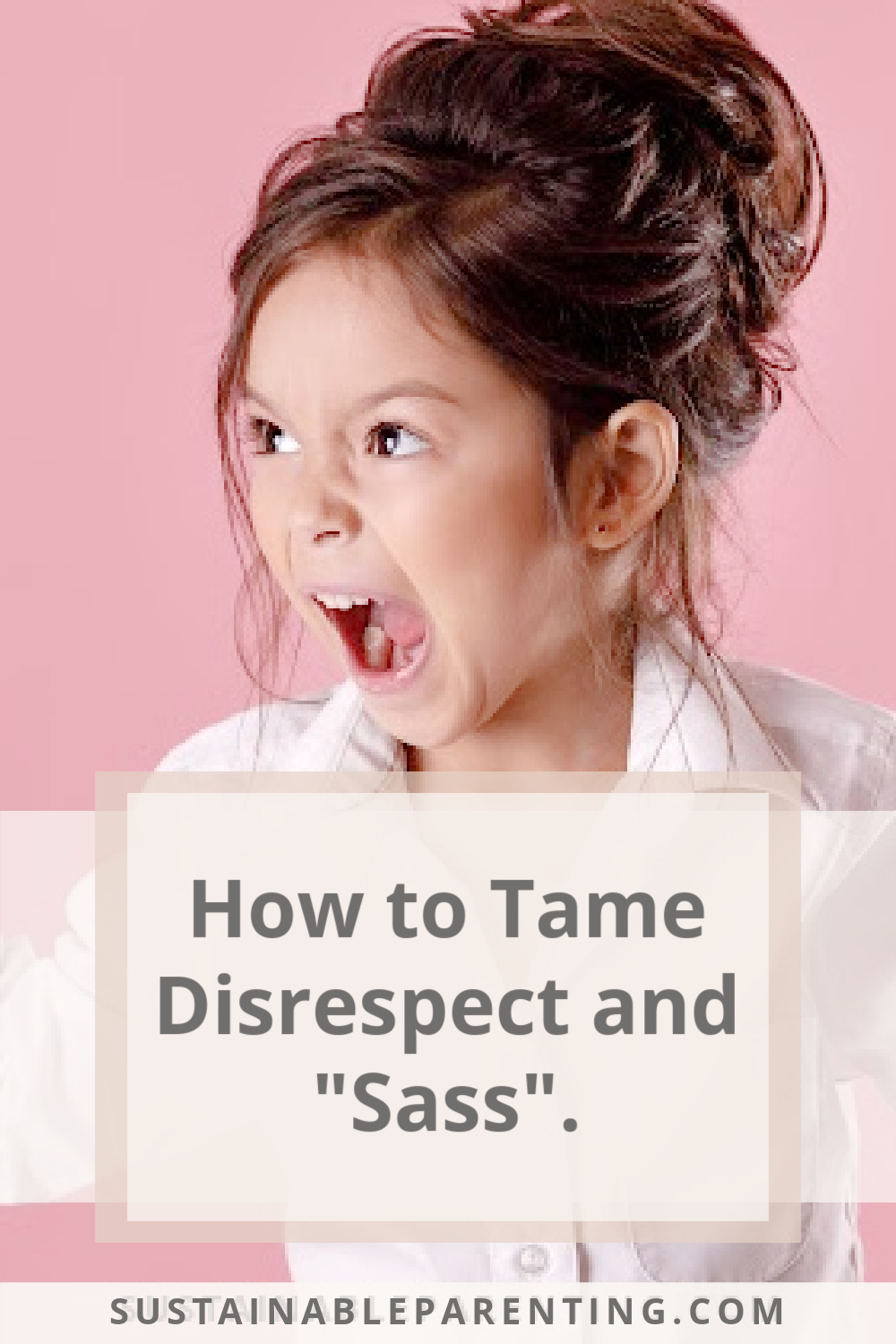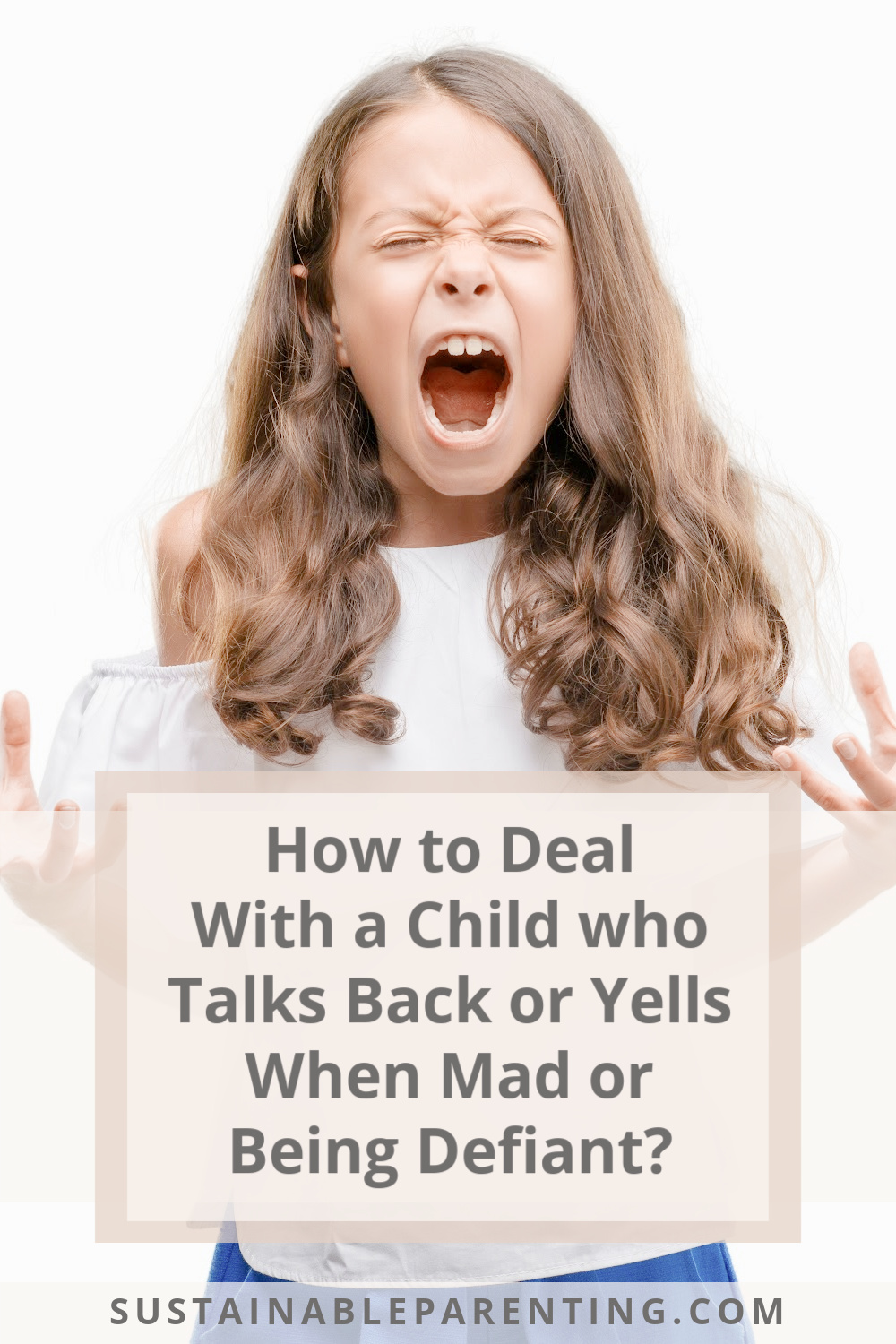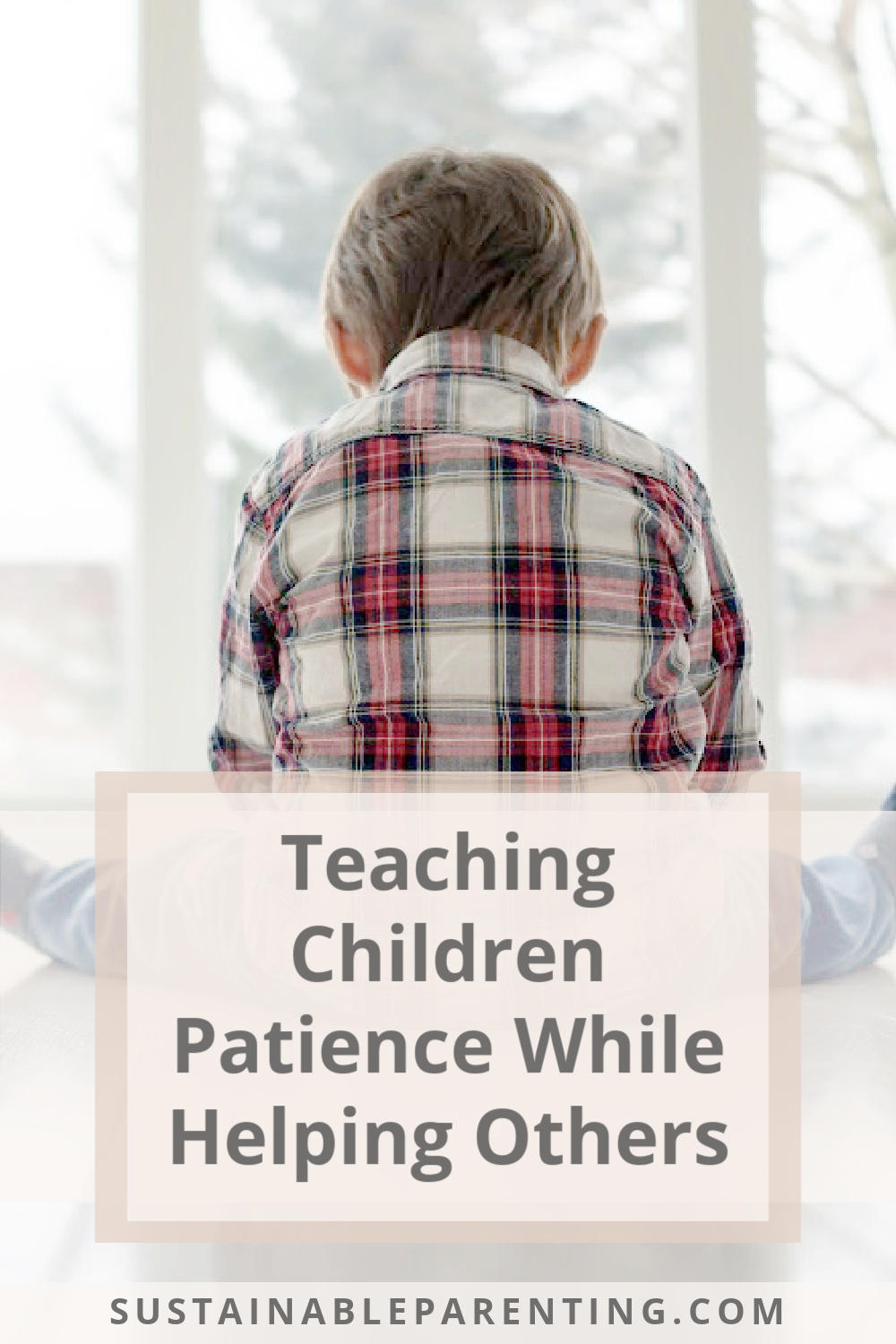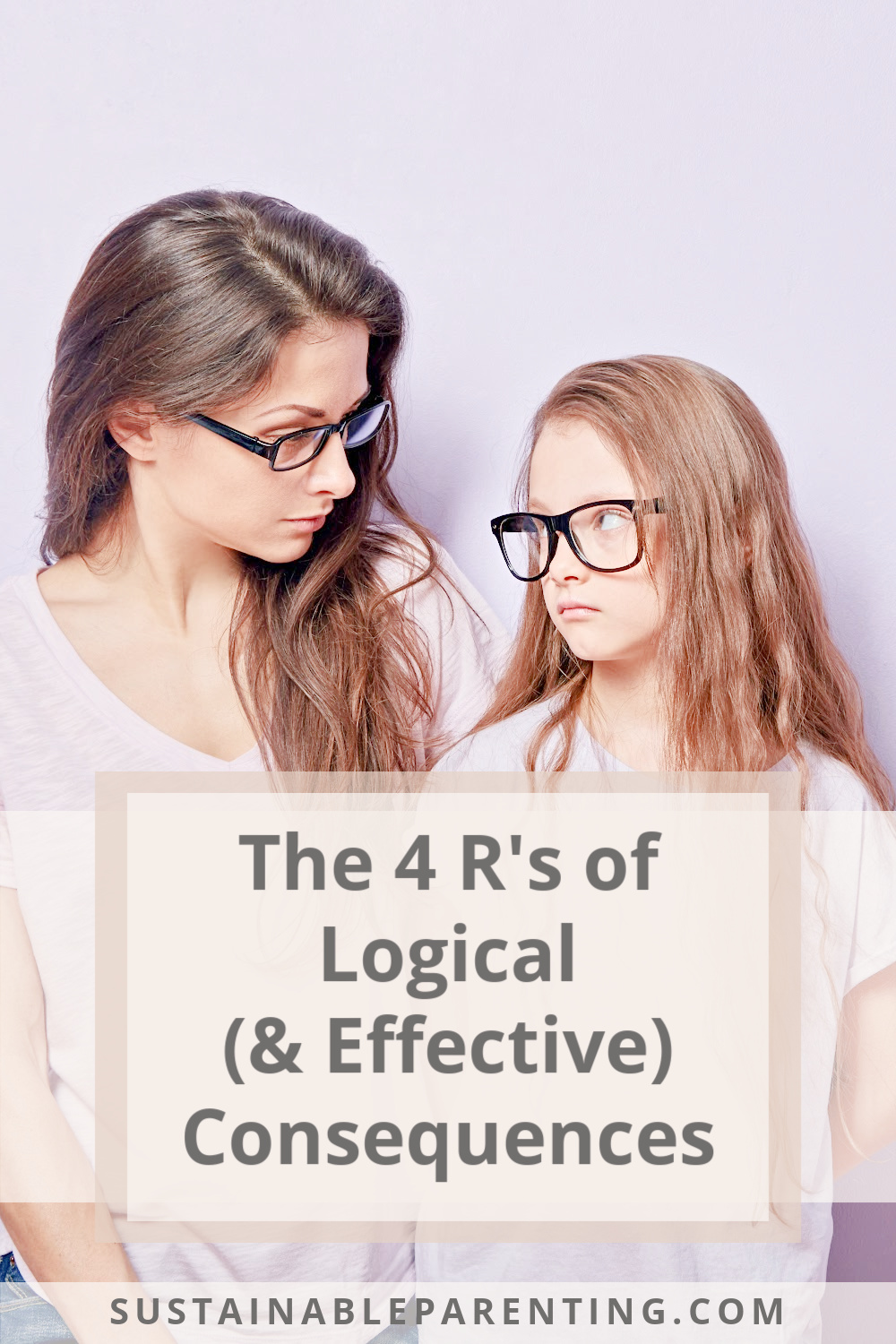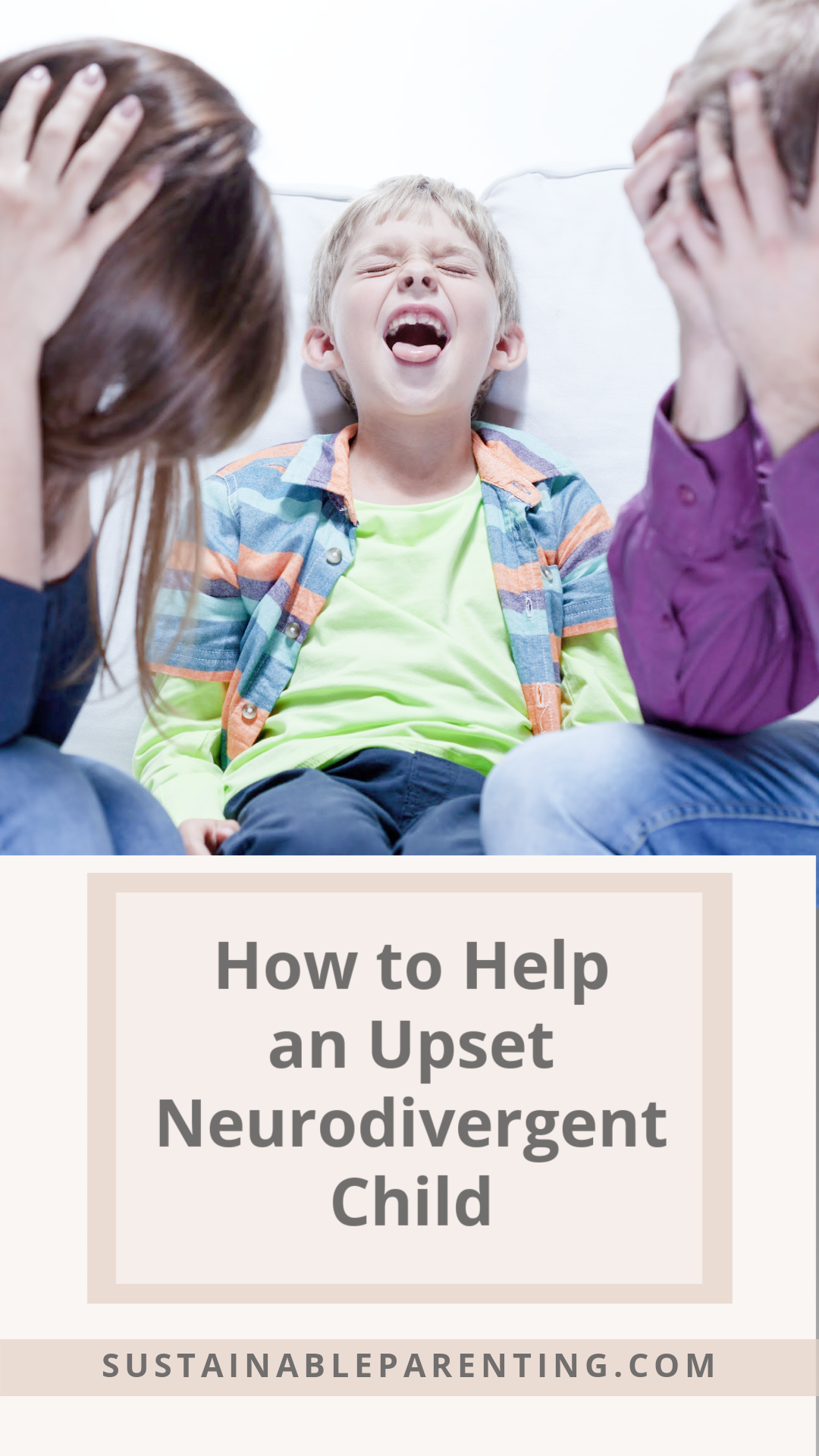How to Handle When Kids Are Lying
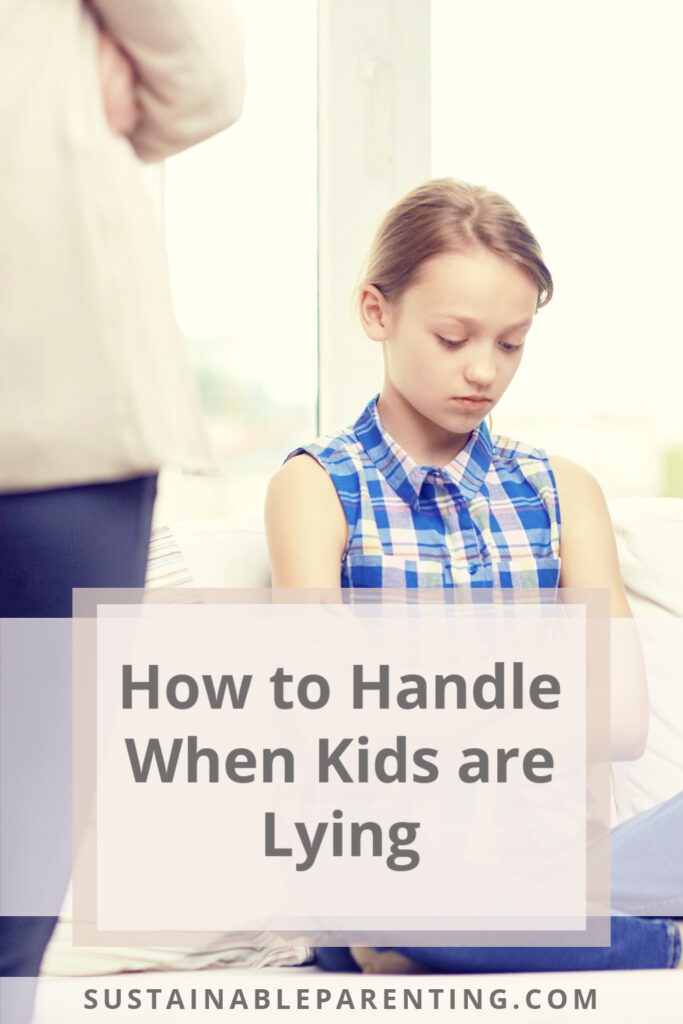
Most parents are very confused when they catch their child lying.
The first thing to know is that “lying is developmentally common. Big lies, small lies, and possibly even stupid lies. More recent research, however, has found that most children learn to lie effectively between the ages of 2 and 4.” – scholastic.com No matter the “severity”, the truth is that lying is very, very developmentally appropriate. Nevertheless, there is a way to handle lying in a firm, yet kind way. Read on to learn more about why children lie, as well as three tips to put in your parenting toolbox.
Now let’s address some key questions:
“Why do kids lie?“
Wondering about the motivation behind this behavior may cause you to feel irritated, defeated, or angry. All of those feelings are also normal and valid. However, let’s take a step back and consider the behavior from the child’s point of view.
A young child’s reasons for lying are often:
- To protect against an unwanted consequence or
- To avoid taking responsibility and feeling shameful.
And of course they would want to avoid those 2 things. Would we all as humans? So take a breath, when your child has told a like, and remind yourself that it doesn’t mean you are raising a sociopath. Then follow the appropriate consequence steps below.
“What’s an appropriate consequence for lying?“
Step 1. Don’t Set the Child Up for Lying
Sometimes you may have set up your child for lying – and in that case, consequences are not the first step. ie. If you catch your child in an obvious lie (such as sneaking cookies and you see chocolate smeared all over their face), avoid asking, “Did you eat a cookie after I told you no?”
Instead – say, “I see you got into the cookies.” And then move on to step 2. If they try to argue with you, just disengage from the argument with a phrase like, “That may be,” while moving forward to step 2.
Step 2. Shift Your Focus to Teaching, Rather Than Shaming.
In the above “cookie” example, this looks like “I have told you the cookies are off limits right now. That was a sad choice, that you got into the cookies anyway. I know that I have made sad choices sometimes too, and didn’t do what I knew was the best thing to do. Mistakes are wonderful opportunities to learn.”
Step 3. Involve The child in Taking Responsibility for the Error.
As you shift your focus to teaching them that mistakes are opportunities to learn, rather than wallow in guilt and shame, follow up with helping them take responsibility. Ask questions such as:
- “What do you think is a reasonable consequence?” or,
- “How can we make this right?”
Start by asking, instead of telling. If they don’t have any ideas, then you can add what you think is reasonable and related to the behavior. Many parents struggle to find effective consequences, and as a parent coach, one of the main things we tackle is appropriate, effective, age-appropriate consequences.
If you’d like more personalized guidance, contact Flora today.
Click here to view the full magazine issue of Montana Parent.

